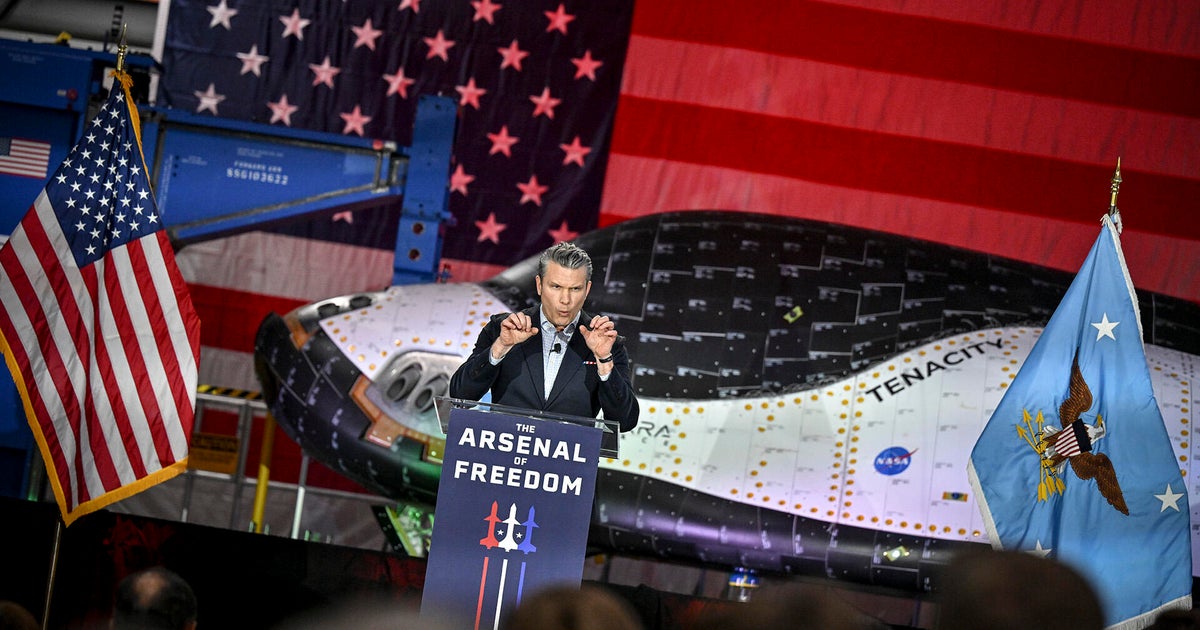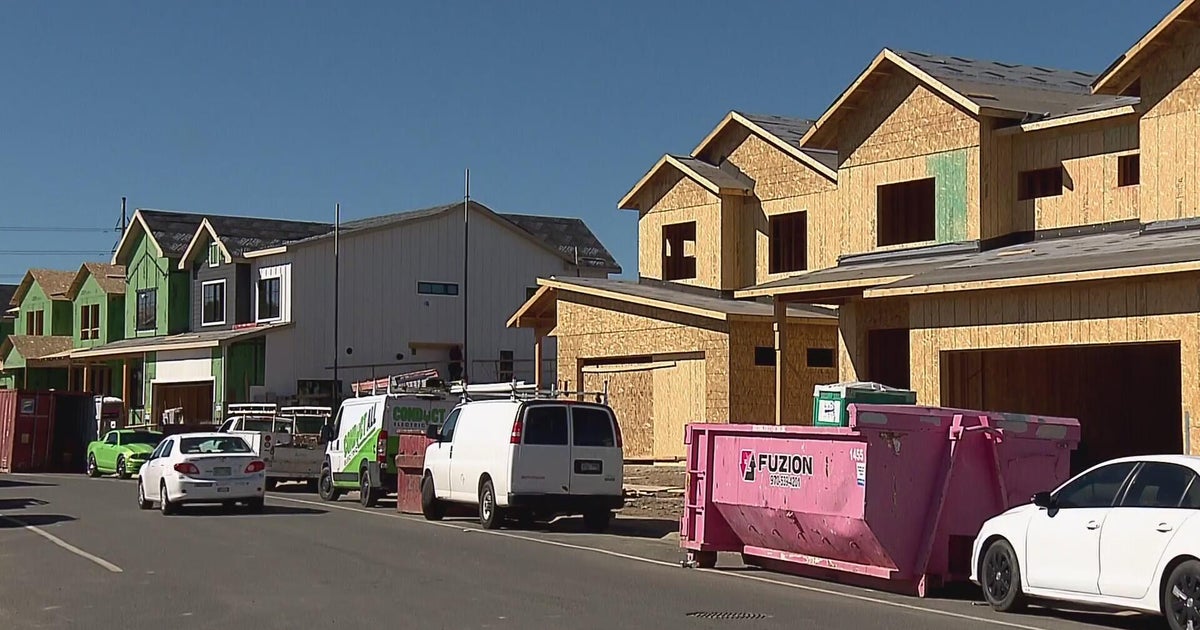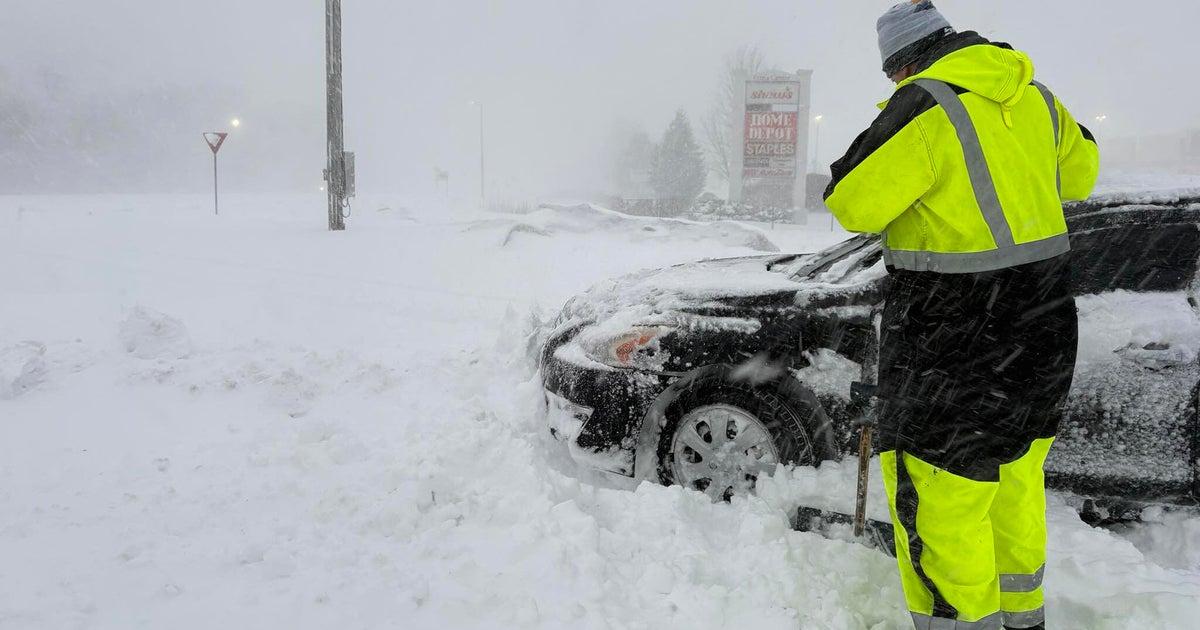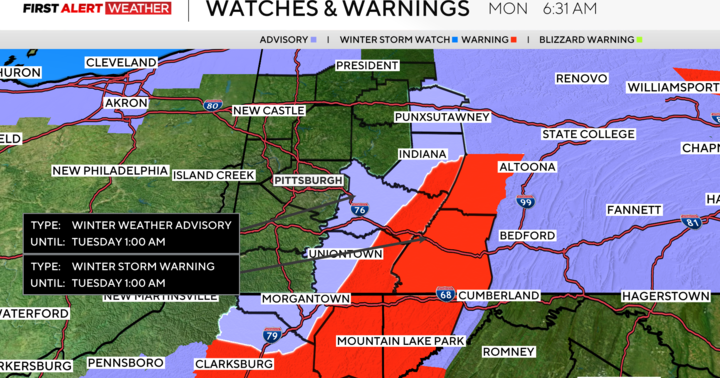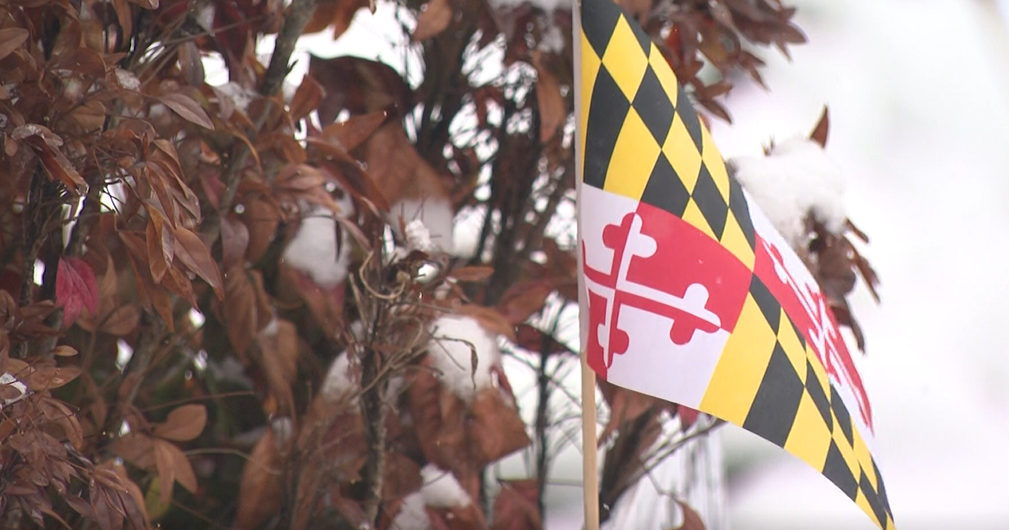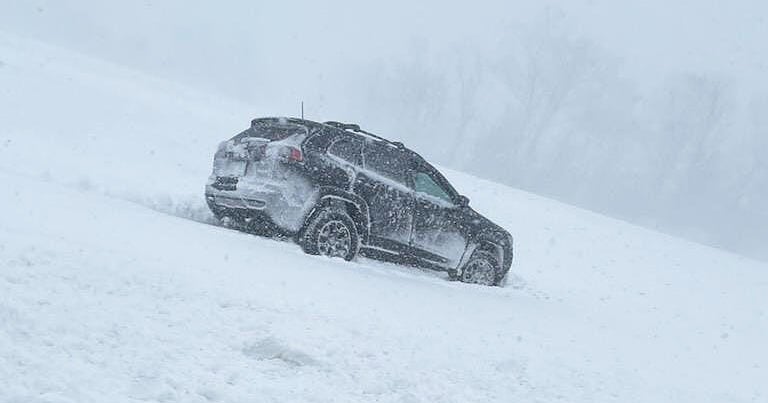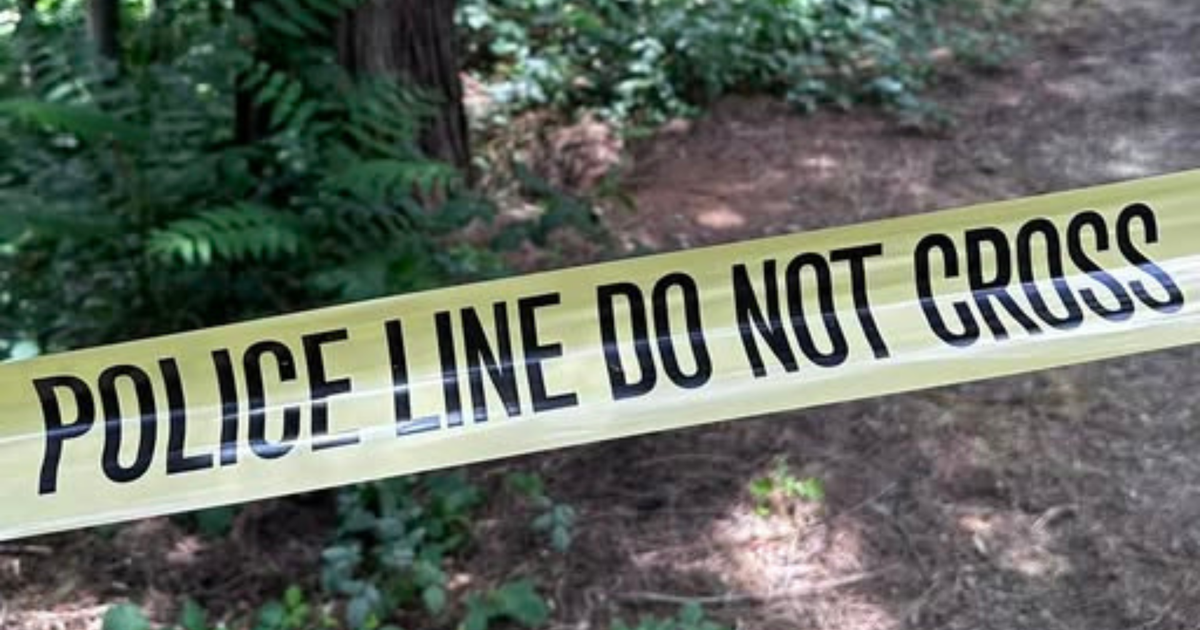Colorado Company Could Change The Way We Understand Storms
LOUISVILLE, Colo. (CBS4) – Scientists and weather experts in Louisville developed a device which will help forecasters better understand hurricanes, like the one off the Hawaiian coast.
Dropsondes, created by Vaisala in Louisville, were dropped in to Hurricane Lane. The Dropsondes, made in Colorado, collect crucial data for understanding storms.
"In order to predict what is going to happen in to the future, you have to have a very good assessment as to what is going on now," said Dr. Kevin Petty, Chief Science Officer at Vaisala.
The devices were created with the hope of getting by-the-second data in hurricanes.
Dropsondes, which are purchased by agencies like NOAA, are dropped in to hurricanes from above by hurricane hunters.
"They are essential for getting data inside of the hurricane," Petty said. "Once (Dropsondes) are dropped out of the plane, they are sending the data back live. It will fall through the atmosphere. As it is falling, it is gathering things like temperature, relative humidity, wind speed, what is the direction, and what is the pressure."
Prior to Dropsondes, tropical cyclone data was mainly tracked by buoys in the ocean, and satellite imaging.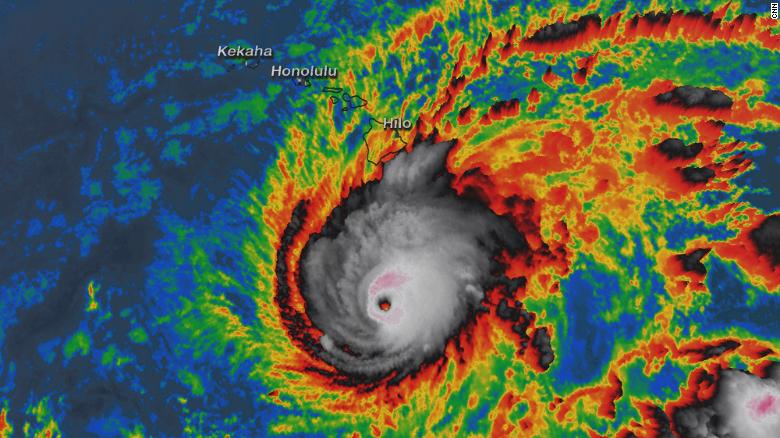
"Now, you can penetrate in to the inside of a hurricane," Petty said.
The devices send several updates back to observers every second.
"If we can gather data, we can understand those systems a little bit better," Petty said.
Vaisala also created weather monitoring devices for other types of storms. Their products include devices which monitor lightning strikes, and some which work with aviation among snow storms.
Dillon Thomas is a reporter at CBS4 and a Colorado native. He believes everyone has a story, and would love to share yours! You can find more of his stories by following him on Twitter, @DillonMThomas.
